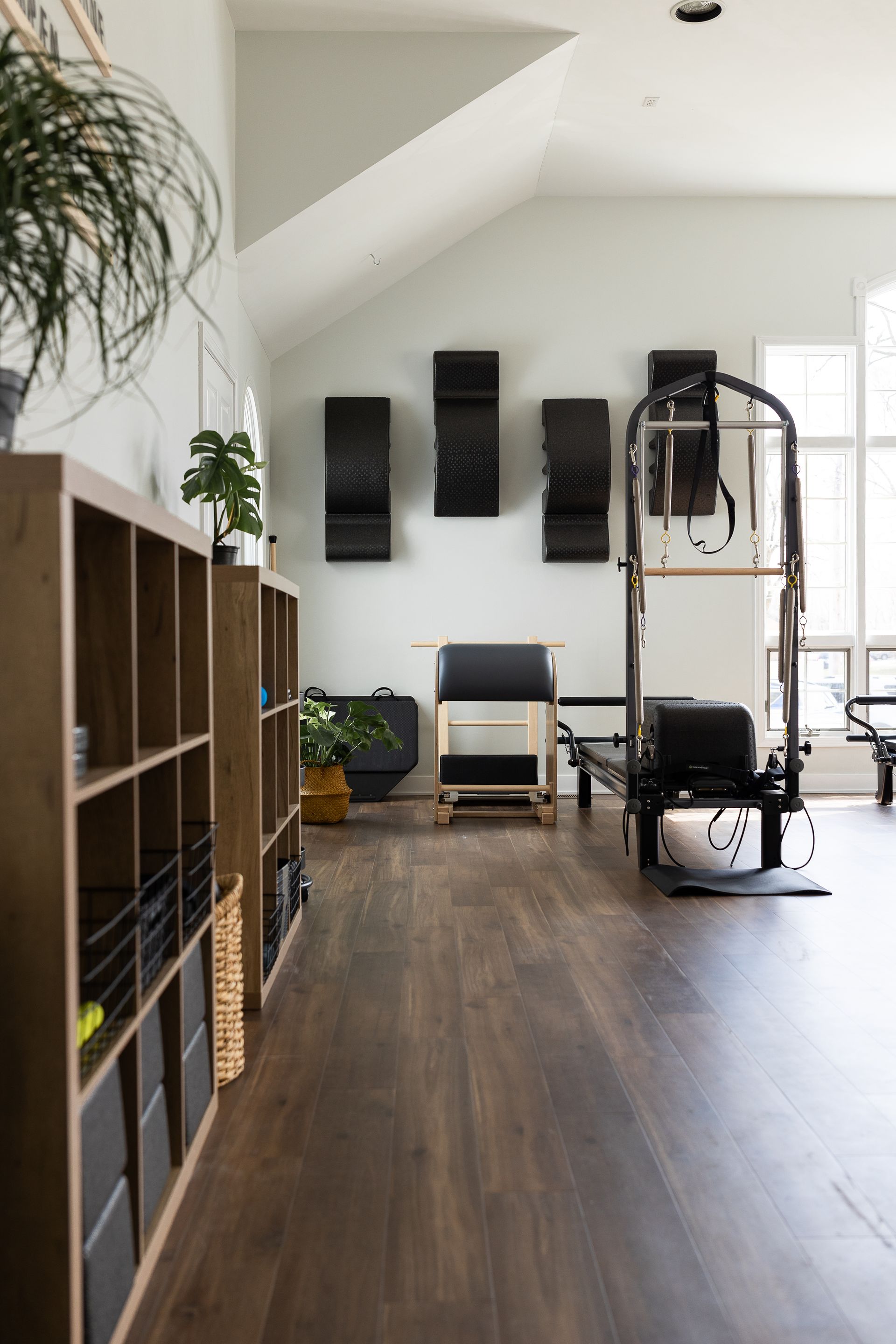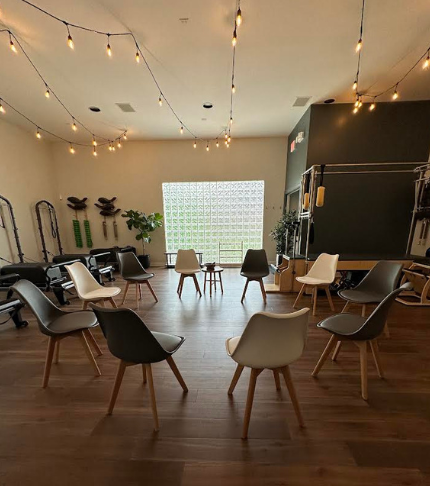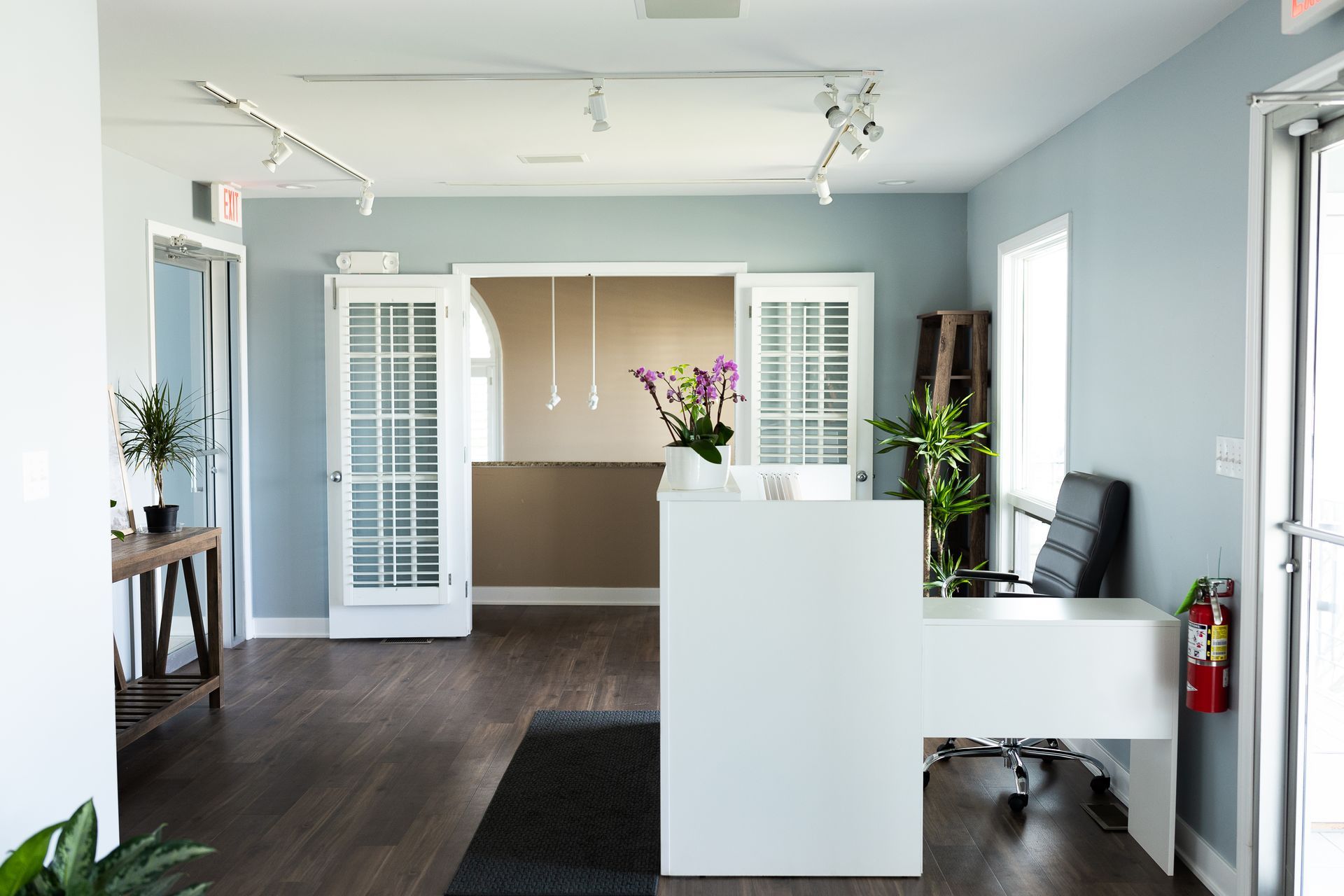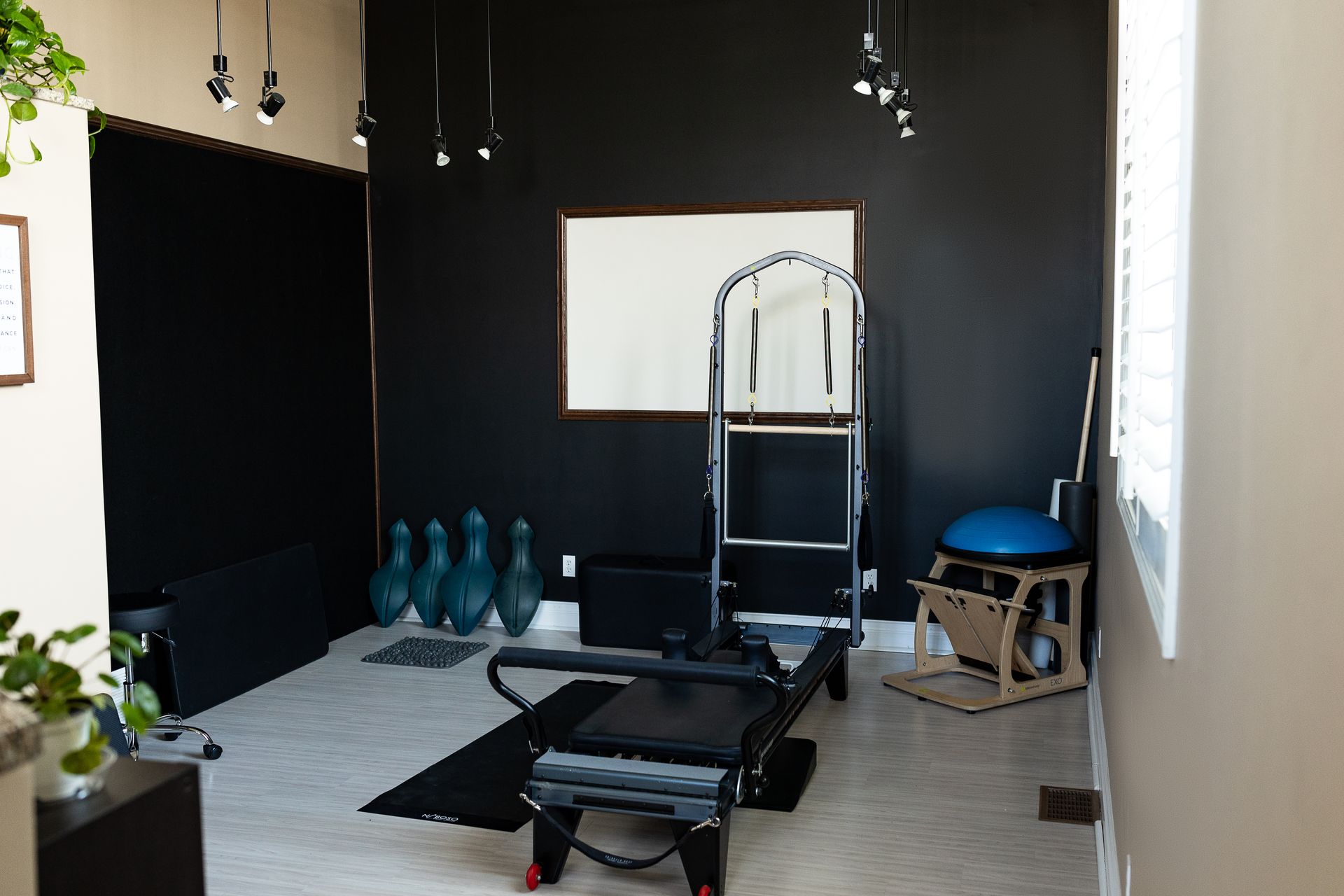Unlocking the Different Types of Pilates: Which One Will You Love?
Rise Integrative Therapy & Pilates
Introduction to Pilates
Pilates isn’t just another workout—it’s a movement system designed to enhance strength, flexibility, and body awareness. Developed by Joseph Pilates in the early 20th century, this method emphasizes controlled movements, breathwork, and core stability. Joseph Pilates’ intuitive understanding of the body and innovative equipment design were elements of a larger vision of a universal paradigm for living, based on daily intentional practice towards one’s overall health (Pilates Method Alliance, 2019). With so many types of Pilates
out there, how do you know which one is right for you? Let’s break it down.
Overview of Different Types of Pilates
There are several forms of Pilates, each offering unique benefits depending on your needs. From mat-based workouts to equipment-based exercises, let’s explore the most common types of Pilates.
1. Mat Pilates
Mat Pilates involves a series of exercises performed on a mat using body weight, breath control, and small props like resistance bands or Pilates rings. This form is accessible, requiring minimal equipment, and is excellent for improving core strength, flexibility, and posture.
At Rise Integrative, our mat classes will challenge your core, improve your posture, and improve your overall movement.
2. Reformer Pilates
Reformer Pilates takes things up a notch with a specialized machine that adds resistance through springs and pulleys. The Reformer consists of a sliding carriage, adjustable springs, straps, and a foot bar, allowing for a wide range of dynamic movements. It’s amazing for full-body conditioning and improving flexibility.
Rise offers Reformer classes that help build strength and stability, while meeting you where you’re at on your Pilates journey.
3. Classical Pilates
Classical Pilates follows Joseph Pilates' original exercises and sequences, emphasizing precision, control, and flow. It is practiced both on the mat and reformer, maintaining the integrity of the method as it was initially designed. If you love structure and discipline in your workouts, this might be the perfect style for you.
At Rise, we integrate Classical Pilates techniques into our training to ensure you experience the method in its purest form while still adapting to modern movement needs. We encourage you to check out our weekly Classical Mat Pilates class!
4. Contemporary Pilates
Contemporary Pilates integrates modern biomechanics, modifications, and rehabilitation principles into traditional exercises. This form often incorporates different props and variations, making it more adaptable for individuals with injuries or those looking for a more creative approach. Rise Integrative fully embraces Contemporary Pilates to offer diverse, innovative classes that cater to a variety of movement goals and fitness levels.
5. Clinical Pilates
Clinical Pilates is a specialized form often used in rehabilitation settings. It is tailored to individuals recovering from injuries or managing chronic conditions, often prescribed by physical therapists. This type focuses on movement quality, alignment, and functional strength.
Our therapeutic and rehabilitation-focused Pilates sessions at Rise support injury recovery, postural correction, and long-term movement health.
Beginning Pilates: Finding Your Starting Point
If you’re new to Pilates, starting with a beginner-friendly Foundations class
is essential. If you prefer more guidance, Reformer Pilates in our small group or private setting can provide additional support. Mat Pilates is another great entry point, as it allows you to master fundamental movements without the added complexity of equipment. Regardless of where you begin, consistency and patience are key.
Benefits of Each Type
Every Pilates form offers incredible benefits, from improved posture to enhanced mobility and core strength. Classical and Contemporary Pilates refine movement patterns, while Reformer Pilates builds strength and flexibility with resistance. Mat Pilates provides accessibility, and Clinical Pilates aids in recovery and rehabilitation. Choosing the right type depends on your personal goals, whether they are fitness-oriented, rehabilitative, or performance-based.
Choosing the Right Type of Pilates for You
The best type of Pilates for you depends on your fitness level, goals, and personal preferences. If you enjoy structured, traditional movement, Classical Pilates might be your ideal match. For versatility and rehabilitation, Contemporary or Clinical Pilates
can be beneficial. If you’re looking for an accessible, low-equipment option, Mat Pilates is a great choice. And if you want a full-body challenge with support, Reformer Pilates is worth exploring.
At the end of the day, the best type of Pilates is the one that keeps you coming back for more. At classes at Rise Integrative Therapy & Pilates, offer a variety of Pilates classes designed to meet you where you are
and help you move better, feel better, and live better. We offer expert-led classes that help you move with strength, confidence, and ease. No matter where you choose to start, Pilates is a lifelong practice that can enhance your overall well-being. Find the type that resonates with you and start moving today!
© 2025 Rise Integrative Therapy & Pilates, LLC. All Rights Reserved.










